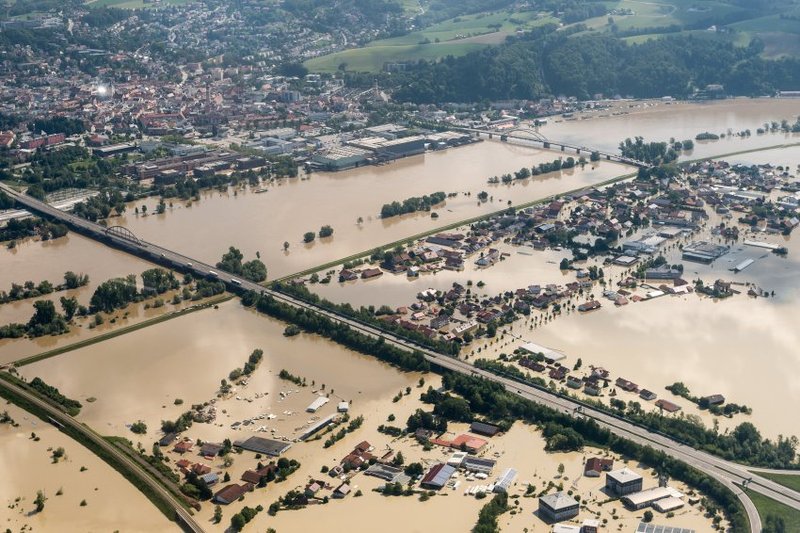

In Belgium, which will hold a national day of mourning on Tuesday, 163 people are still missing or unreachable. Scientists, who have long said that climate change will lead to heavier downpours, said it would still take several weeks to determine its role in these relentless rainfalls.īelgian Prime Minister Alexander De Croo said the link with climate change was clear. There could also be a 10,000 euro short-term payment for businesses affected by the impact of the floods as well as the COVID-19 pandemic, Economy Minister Peter Altmaier told the paper. This article was amended on 16 July 2021 to remove an outdated regional name."There is huge damage and that much is clear: those who lost their businesses, their houses, cannot stem the losses alone." “We scientists in recent years have been surprised by some events that occurred earlier and were more frequent and more intense than expected.”

“We need to better model nonlinear events,” said Gerten. This theory is contentious, but recent events have prompted more discussion about this possibility and the reliability of models based on past observations. Instead of smoothly rising temperatures and steadily increasing extremes, they are examining whether the trend may be increasingly “nonlinear” or bumpy as a result of knock-on effects from drought or ice melt in the Arctic. Some experts fear the recent jolts indicate the climate system may have crossed a dangerous threshold.

Events that were once in 100 years are becoming commonplace. Suburbs of Tokyo have been drenched in the heaviest rainfall since measurements began and a usual month’s worth of July rain fell on London in a day. The far north of Europe also sweltered in record-breaking June heat, and cities in India, Pakistan and Libya have endured unusually high temperatures in recent weeks. This is not a localised freak event, it is definitely part of a coherent global pattern.” “The US is often in the spotlight, but we have also seen extraordinary heat events in northern Europe and Siberia. Photograph: Action Press/Rex/Shutterstockĭaniel Swain, a climate scientist at the University of California in Los Angeles, said so many records were being set in the US this summer that they no longer made the news: “The extremes that would have been newsworthy a couple of years ago aren’t, because they pale in comparison to the astonishing rises a few weeks ago.” This was happening in other countries too, he said, though with less media attention. People watch the Ruhr in flood from the Brehminsel dam. Last weekend, the monitoring station at Death Valley in California registered 54.4C, which could prove to be the highest reliably recorded temperature on Earth. Scientists said these extremes at such latitudes were virtually impossible without human-driven warming. The Canadian national daily heat record was exceeded by more than 5C two weeks ago, as were several local records in Oregon and Washington. The Americas have been the focus in recent weeks. Computer models predict this will cause more extreme weather, which means records will be broken with more frequency in more places. The seven hottest years in recorded history have occurred since 2014, largely as a result of global heating, which is caused by engine exhaust fumes, forest burning and other human activities. What we have seen in Germany is broadly consistent with this trend.” said Carlo Buontempo, the director of the Copernicus Climate Change Service at the European Centre for Medium-Range Weather Forecasts. “With climate change we do expect all hydro-meteorological extremes to become more extreme.


 0 kommentar(er)
0 kommentar(er)
